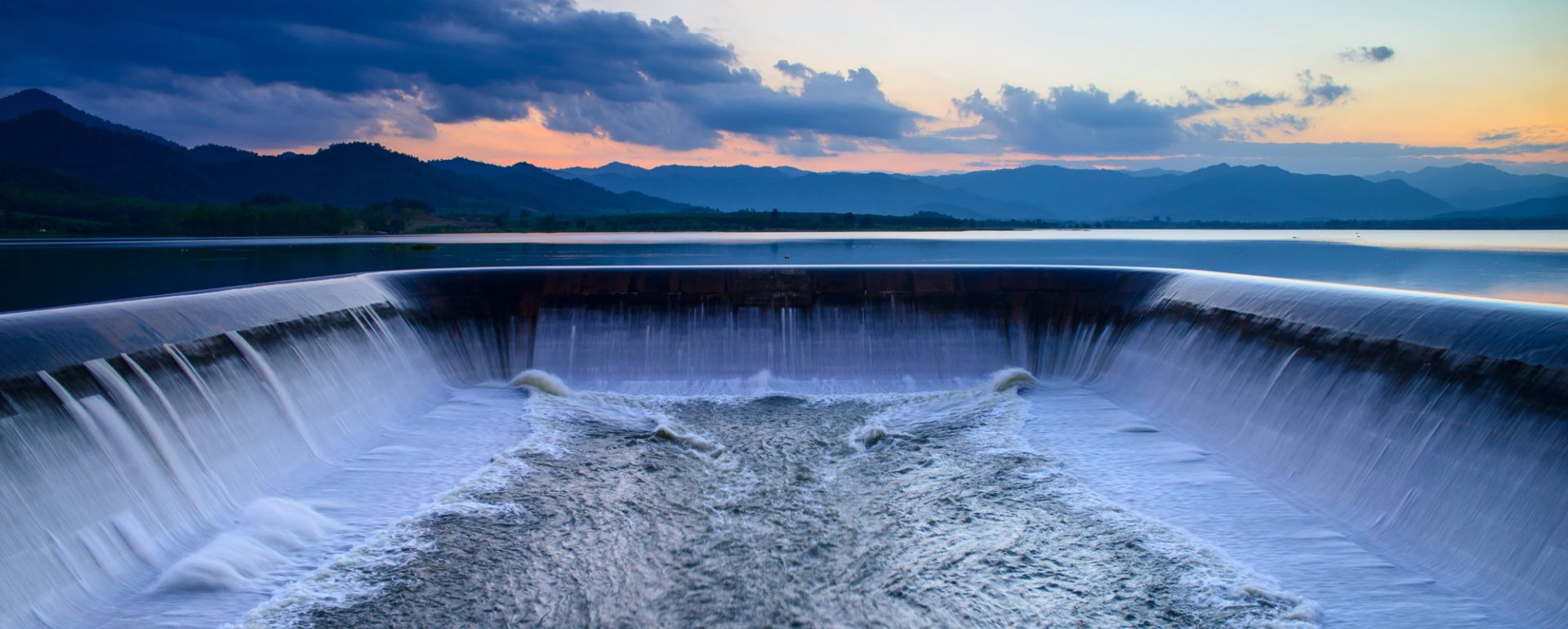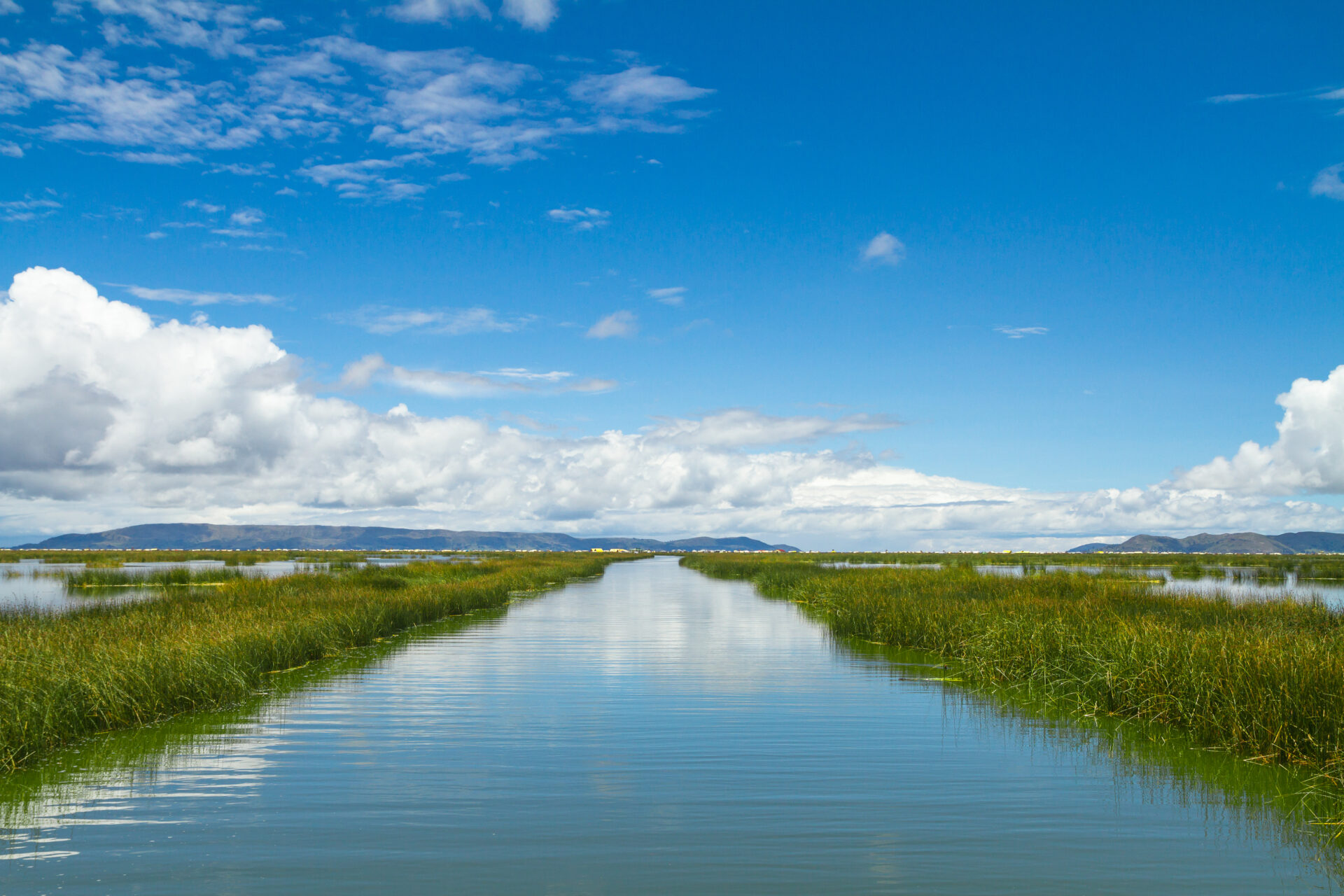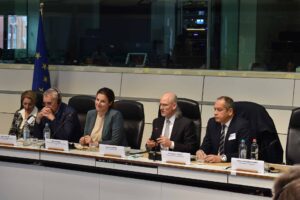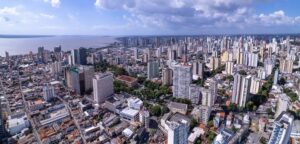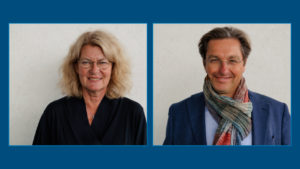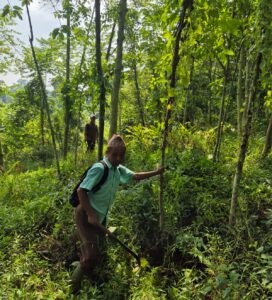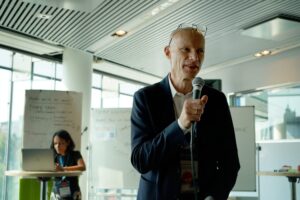How the Water Governance Facility paved the way for inclusive global water solutions
“[The WGF's] focus on governance has expanded the global water agenda, while improving access and management of water resources.”
Reflecting on concrete achievements
As part of the UNDP Water and Ocean Governance Programme, the WGF has provided vital policy advice and capacity-building support to governments and organizations, such as the African Ministers’ Council on Water (AMCOW), the Nile Basin Initiative (NBI) and the Union for the Mediterranean (UfM). The WGF also contributed to building programmes and partnerships such as the Governance, Advocacy and Leadership in Water, Sanitation and Hygiene (GoAL WaSH), and the Shared Waters Partnership (SWP).
By guiding local authorities in 15 countries, the GoAL WaSH programme, has accelerated improvements in water and sanitation systems. By filling gaps for funding and expertise, GoAL WaSH empowered governments to create effective policies, with evaluations showing improved water and sanitation governance across participating countries. Building on this experience and broadening it to include water resources management, the programme Governance, Accountability and Learning for Water Sustainability (GoAL WaterS), continued the support in six of the GoAL WaSH countries and expanded with five new countries.
Senior Programme Manager James Leten highlights: “With little resources, the Water Governance Facility and associated GoAL WaSH and GoAL WaterS activities has supported the advancement of national and sub-national water governance priorities. This has eliminated as such national implementation bottlenecks and resulted in a high return on investment”.
One of WGF’s key achievements is the partnership with UNICEF which resulted in the development of the programme Accountability for Sustainability. This programme has focused on transparency and accountability in water and sanitation (WASH) services. It has worked to ensure cooperation between regulators, water providers, and consumers, ensuring that services are fair and responsive.
“The WGF has been a trailblazer in operationalizing the concept of governance in policy and practice. For example, it was leading the writing of the water governance chapters in the United Nations World Water Development Report of 2006. WGF has since contributed to the water governance chapters in almost all WWDRs.” says Håkan Tropp, Capacity Development Director and acting COO at SIWI.
“The WGF has been a trailblazer in operationalizing the concept of governance in policy and practice.”
Championing a new approach to water governance
Over the years, the WGF has championed the vision of a “water-wise world,” emphasizing the need for inclusive, sustainable, equitable, and efficient water management. It was instrumental in putting water governance at the heart of SIWI’s mission.
A recent example is the strong focus on supporting Indigenous Peoples, drawing lessons from their values and wisdom, within global water dialogues where they have historically been excluded.
“The involvement of the WGF has helped to catalyze changes in a much-needed way,” says David Hebart-Coleman, Senior Programme Manager at SIWI who has been the coordinator with Indigenous groups to ensure their participation in international meetings, such as the UN 2023 Water Conference and World Water Weeks.
Through its work with the UNDP Country Offices, SIWI has advanced water governance concepts and developed new tools and methodologies to improve water management. These contributions has allowed countries to make substantial improvements in water resource management and public health, reinforcing the interlinkages between WASH and Water Resource Management.
“The efforts in knowledge-sharing, capacity-building, and advocacy have greatly contributed to the global water agenda.”
Building a lasting legacy
As the WGF concludes as a programme, its impact on global water governance remains. “The efforts in knowledge-sharing, capacity-building, and advocacy have greatly contributed to the global water agenda.“ concludes Lotten Hubendick, manager of the WGF programme at SIWI.
By conceptualizing different aspects of water governance and promoting concrete examples of what works in water governance, the WGF has developed tools that helped build flexible and responsive governance systems suited to changing social, economic, and environmental needs.
Looking ahead, SIWI and its partners will continue advocating for inclusive governance as a central challenge to ensuring access to safe water and sanitation for all.
The key role of governance, beyond water
While WGF is closing, the importance of governance remains essential, as recent research highlights. Nobel-winning economists Daron Acemoglu, Simon Johnson, and James Robinson show that strong institutions are key for a country’s prosperity. Countries with fair, inclusive, and law-abiding institutions are more likely to achieve growth and stability, whereas those with weak institutions struggle to progress
About the UNDP-SIWI Water Governance Facility
Learn more about the WGF, its approach and how it has worked with partners over the last 19 years.
Visit the programme page